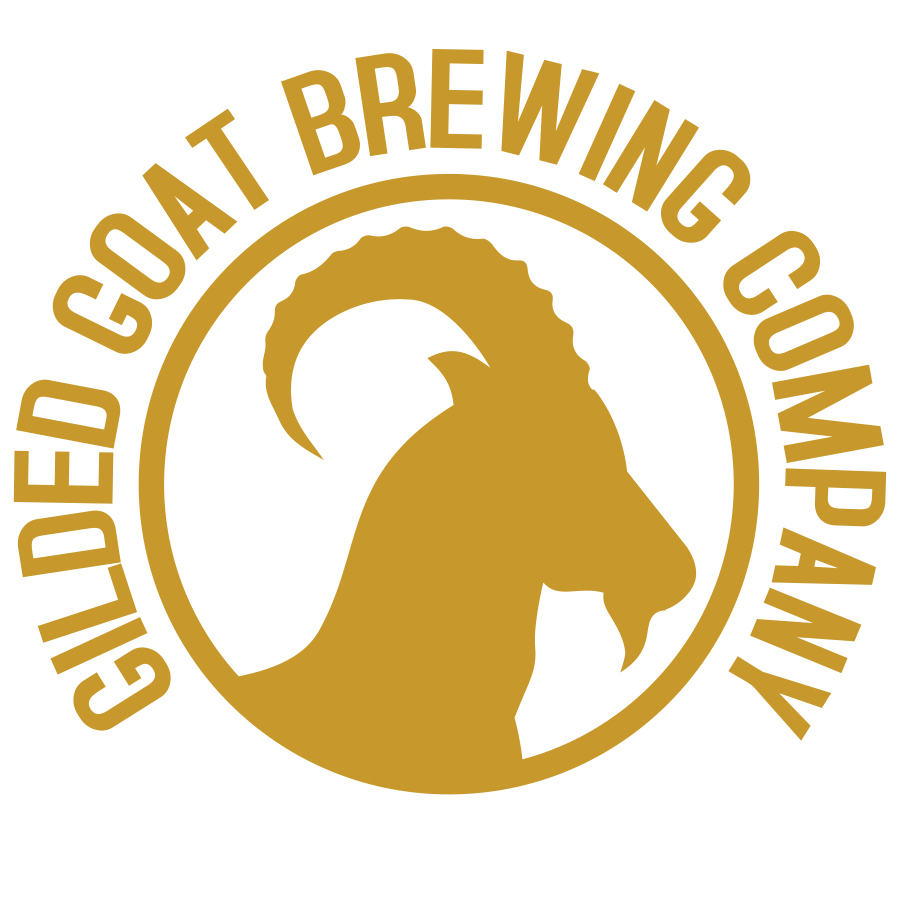PIONEERS
WHY WE MAKE SERIOUS BEER
With Charlie Hoxmeier October 6, 2017
In those early February days when we had just opened our doors, our new marketing guy Mark Darrough found Charlie sipping on his newest release, the Brett Pale Ale, on the balcony overlooking Gilded Goat's 7-barrel brewhouse. (Our 4th batch of the Brett will be on tap Friday, Oct. 13.) Let's take a look at what Charlie had to say about homebrewing, health science and beer science, and community.
Take us back to the good ole days - what made you start brewing beer?
It was during grad school, and it was on a whim actually. I saw a Groupon for a brew-your-own-beer-at-home kit, and I went down and picked it up and started making a few batches on my kitchen stove. After a couple of boil-overs, which tends to happen brewing on a stove, my wife swiftly kicked me out of the kitchen. So, I was forced to upgrade my equipment – and that was not a problem with me.
I went through all the different iterations of home brewing, from brewing on the the stove with extract to a partial mash, then fabricated my own keg with a propane burner in the garage - sort of a one vessel contained brewing system.
After a while a friend and I welded a brewstand together with burners and gas valves. We picked up a few more kegs and cut holes in them, put valves on them, and basically had a mini brewhouse. Like I have down there (nodding below to the brewhouse), albeit those three big tanks are a bit bigger than the kegs on that welded brewstand.
So that's when it got pretty serious. Brewing was a reprieve from the grind of grad school. It was nice to have a Saturday morning where you just sat on the driveway and brewed, and drank with friends, and there was nothing else but that.
You're a science guy who's worked in public health. How does this tie into making beer?
While I was brewing on my driveway, we hadn't really talked about the idea of starting a brewery or anything like that. It was still a hobby, and I brought my science into the hobby. I was doing a lot of yeast growth and quality control things that most homebrewers can't do, but I had the equipment and knowledge to do it.
My focus in grad school was tuberculosis, which is a devastating worldwide disease. Just incredibly brutal. It still kills millions and millions of people every year and there's still not much attention paid to it. I became intrigued by the 'neglected diseases', those diseases that are still having a huge public health impact but get little attention. And they affect the poorest of the poor, disproportionately. The poorest people are always the sickest.
So that really got me hooked on the purpose of science, and the goals of what we were doing in public health. I am very tedious in the lab, day after day running hundreds of samples. But you always have to keep that end goal - the people - in mind, and know that eventually what you're doing is improving their condition.
A lot of that has carried through to our business of brewing beer. It seems silly to relate our brewery to the massive public health mission, but there's still the goal of the people - it's always about the people.
So, it's all about the people. What does beer bring to the people?
To the individual, happiness. You know, a nice balanced glass of beer. But in a broader sense beer brings people together. It loosens you up a little bit, encourages conversation, encourages people to get together, families to get together. It brings it back to the community, and breweries are a great place for the community to come together. Whether that's a casual meet-and-greet Friday night over a few beers, or brewers from across town coming together to discuss conservation, breweries are the best way to be the voice of these larger issues in the community. We're right there behind the bar talking to groups and individuals. And if we show that we have these broader ideals and bigger commitments beyond just making a glass of beer and selling it to you - well it's so much bigger than that.
It's about the community and the people in it, and being sustainable with how we do things, efficient with how we do things, and making people feel comfortable and relaxed. That has always been the goal around this place: to have an inviting atmosphere and know our customers, know if they've come in before, know what they like to drink, know what it is that is bringing them into our brewery.

